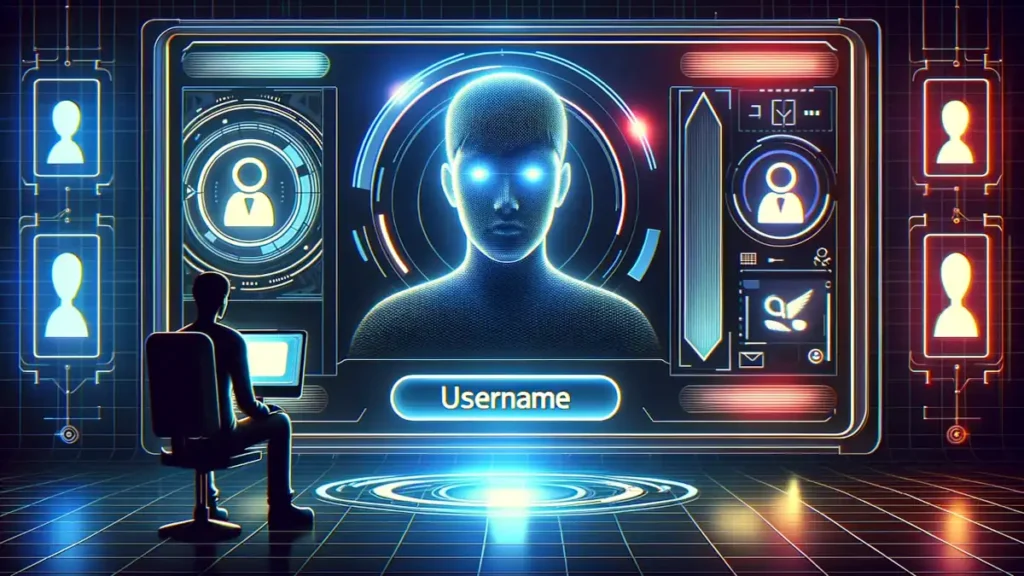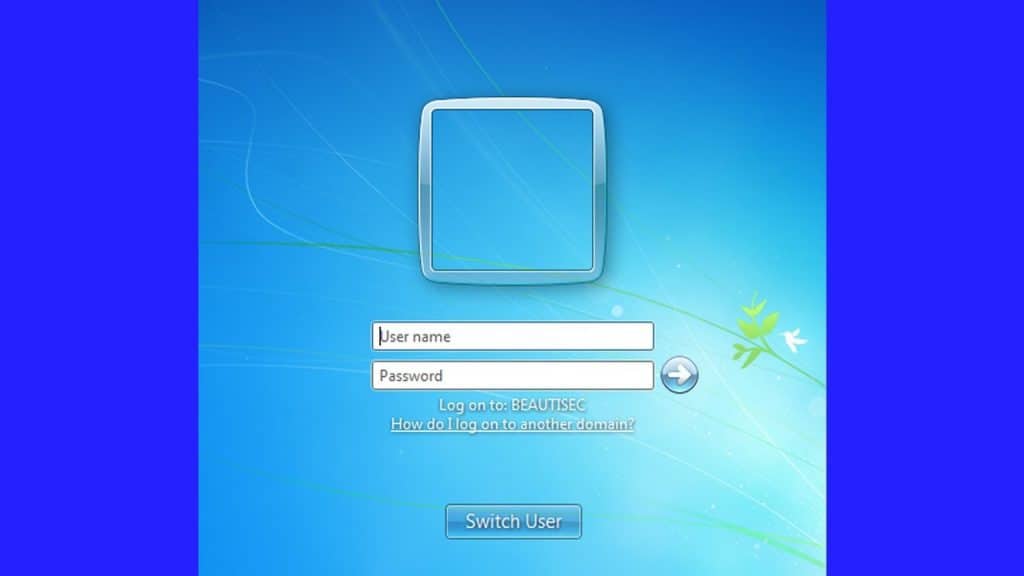In today’s digital age, our online identities are becoming just as important as our physical selves, if not more so. Think about it: How many services, from social media platforms to online banking, require a username for access? Your username is more than a mere string of characters; it’s your unique identifier in the vast digital universe. It’s the first thing people see when you post a comment, and it’s how friends find you on social networks. This article aims to delve into everything you need to know about usernames: what they are, why they’re important, how they work, and much more. So, buckle up as we embark on this enlightening journey!
In this article:
- What is a Username?
- Importance of Usernames
- Types of Usernames
- How Usernames Work
- Security Implications
- Best Practices for Creating Usernames
- Case Studies
- Legal Implications
- Username Recovery
- Frequently Asked Questions
- Conclusion
- References

1. What is a Username?
Definition
At its core, a username is a unique string of characters that identifies a user in a computer system, network, or online platform. But let’s dig a bit deeper. Usernames often serve as the initial “face” of your digital identity. Whether you’re logging into a forum, an online game, or your work computer, your username sets you apart from every other user.

Characteristics
- Uniqueness: Usernames must be unique within the system they are used. That ensures that when you log in, the system knows precisely which user data it should access.
- Anonymity: Usernames can offer varying degrees of anonymity. You can choose to use your real name, a nickname, or something entirely random.
- Flexibility: Some platforms allow users to change their usernames, while others make them permanent.
- Length and Complexity: Systems usually have rules around how long a username has to be, and what types of characters it can include.
2. Importance of Usernames
Identification
Usernames aren’t just for show; they serve vital functional roles. In a database, your username is often the primary key, the unique identifier that separates your data from everyone else’s. It’s like your digital fingerprint, and it’s critical for accurate data retrieval and storage.
User Experience
Your username isn’t merely a functional necessity; it’s also an extension of your persona or brand. For example, on Twitter or Instagram, a catchy or memorable username can make you more easily searchable and can even convey something about who you are or what you’re interested in. In a corporate setting, a standardized username format, such as first initial and last name, provides a professional and uniform method for identifying employees.
Network and Resource Access
In organizational contexts, usernames often determine what network resources you can access. Different departments or roles may have usernames formatted in specific ways or tied to specific permissions, helping system admins manage resources more effectively.
3. Types of Usernames
Usernames can be as unique as the individuals behind them, but they generally fall into several distinct categories:
Simple Usernames
These are often just a single word or alphanumeric string, like JohnDoe or Sarah123. They are easy to remember but may not offer much in terms of security or personal expression.
Compound Usernames
These combine additional elements like numbers, hyphens, or underscores to form a more complex identifier. For example, John_Doe_1984. They are usually harder to guess, making them more secure.
Email-Based Usernames
On some platforms, particularly professional or academic sites, your email address serves as your username. This removes the need for a separate username but ties the account explicitly to your email.
Pseudonymous Usernames
Some people prefer to use pseudonyms, abstract names that allow for higher levels of anonymity. These are particularly popular in forums or other online communities where users may not want to disclose their real identity.
4. How Usernames Work
Understanding how usernames function in digital systems is key to grasping their importance.
Role in Authentication
The username is typically the first element in a two-step (or more) authentication process. After inputting your username, you usually need to enter a password to prove that you are, indeed, the person behind the username.
Role in Authorization
Once the system has authenticated you, the username serves another purpose: authorization. In other words, the system checks the permissions associated with that username to determine what resources or areas of a platform you can access.
Session Management
When you’re logged into a service, your username may be stored temporarily in a session, allowing the system to provide a personalized experience as you navigate between pages or complete various tasks. See: Cookies
5. Security Implications
As simple as they may seem, usernames have several security implications that should not be overlooked.
Phishing Risks
Usernames are prime targets in phishing scams where attackers trick individuals into revealing their usernames and passwords, often via fake login pages.
Brute-Force Attacks
Simple or commonly used usernames can be easily guessed using brute-force attacks. The more unique and complex your username, the less likely it is to be guessed.
Account Enumeration
Some platforms disclose whether a username exists or not, providing attackers with valuable information. For example, a “username does not exist” message can serve as a clue for hackers.
6. Best Practices for Creating Usernames
Creating a secure yet memorable username can be a balancing act. Here are some best practices:
Uniqueness
Your username should be unique to you but should also not give away too much personal information, to minimize the risk of identity theft.
Complexity
Incorporate a mix of characters – letters, numbers, and symbols – to make your username harder to guess.
Avoid Common Patterns
It might be tempting to use your name followed by your birth year, but this can be easily guessed or even deduced from social media. Try to avoid common patterns that can be easily deciphered.
Consider Platform Rules
Each online platform may have its own set of rules for usernames. Be sure to read these carefully so you choose a username that complies with platform guidelines.
7. Case Studies
Twitter Username Controversies
Believe it or not, Twitter usernames, or handles, have become valuable real estate. In 2020, a teen targeted high-profile Twitter accounts in a Bitcoin scam, all in a quest for rare and valuable usernames.
Corporate Espionage
In a well-documented case, a competitor used brute-force attacks to guess usernames and passwords of a rival company. The lack of complex usernames made it easier for them to gain unauthorized access.
Law Enforcement
In criminal cases, investigators have used usernames to track down and identify individuals behind illegal online activities, proving that a username is a critical part of your digital footprint.
8. Legal Implications
Ownership Rights
Who owns a username? The platform or the user? This question has led to numerous legal battles, especially when a username is tied to a brand or trademark.
Identity Theft
Using someone else’s username with malicious intent can lead to legal consequences. In many jurisdictions, this is considered identity theft.
Privacy Laws
In the EU, under the GDPR, usernames are considered personal data. This brings usernames under legal scrutiny, requiring businesses to protect them adequately.
9. Username Recovery
Email Verification
The most common method of recovering a forgotten username is through email verification. You click a “Forgot Username?” link, and an email with recovery instructions is sent to you.
Security Questions
Some platforms ask you security questions linked to your account. Your answers help verify your identity, and the username is then provided.
Multi-Factor Authentication
In cases where high security is necessary, you may be required to go through additional verification steps to recover your username, like receiving a code on your mobile device.
10. Frequently Asked Questions
1. Can a username be changed?
The possibility to change a username depends on the platform. Some allow it, while others do not.
2. Is using your real name as a username safe?
It depends on the platform and what you’re using it for. Using your real name can make you more easily identifiable, which could be either beneficial or risky, depending on the context.
3. What characters are generally allowed in usernames?
Most platforms allow alphabets, numbers, and often special characters like underscores or hyphens.
4. Are usernames case-sensitive?
This varies from one system to another. Some are case-sensitive; most are not.
5. Are usernames considered personal data?
In the context of privacy laws like GDPR, yes, usernames are considered personal data and must be protected accordingly.
11. Conclusion
Understanding the multiple facets of usernames is critical in today’s digital landscape. They’re more than mere identifiers; they’re a crucial part of our online identity, with implications ranging from security to legality. While usernames may seem trivial, as we’ve seen, they’re anything but. Being informed about best practices and the intricacies of usernames can go a long way in ensuring your online interactions are both secure and meaningful.